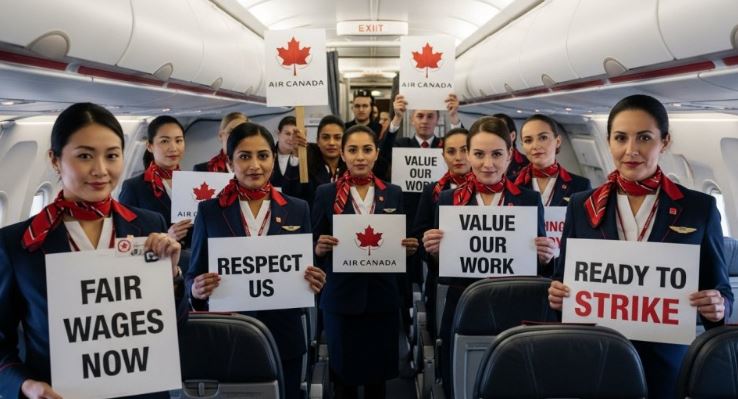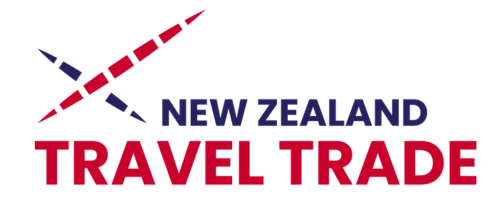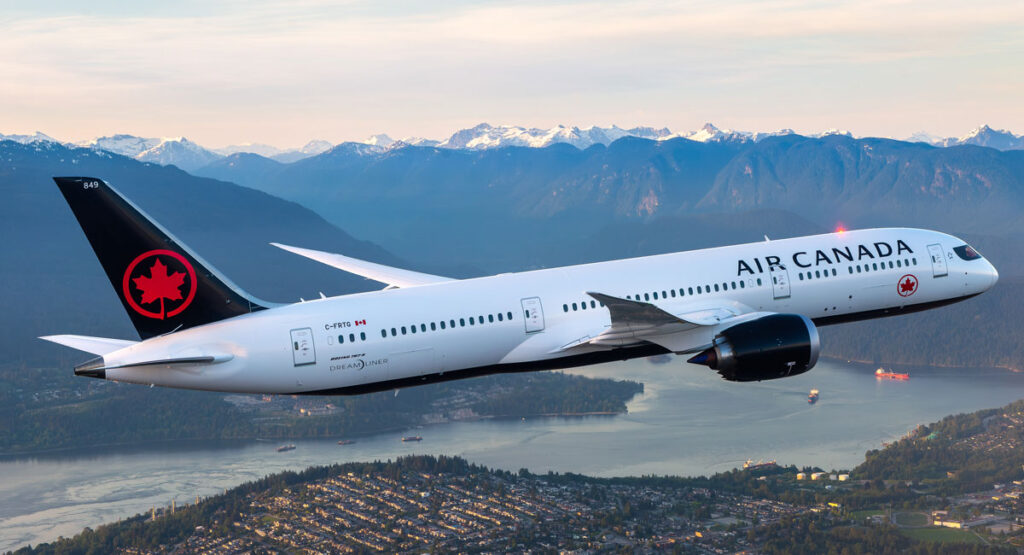The strike by 10,000 Air Canada flight attendants has entered its third day, despite the action being declared illegal by the Canada Industrial Relations Board (CIRB).
The walkout is severely disrupting travel at the height of the summer season, with an estimated 130,000 passengers affected each day.
Air Canada operates around 700 flights daily and has now extended rolling cancellations into Tuesday afternoon, following the union’s refusal to comply with a second back-to-work order. The CIRB had instructed the Canadian Union of Public Employees (CUPE), which represents cabin crew, to notify members in writing by Monday noon that they were required to resume duties and submit to binding arbitration.

Union leaders, however, have vowed to continue strike action until a negotiated settlement is reached. “If it means people like me going to jail, then so be it. If it means our union being fined, then so be it,” said CUPE national president Mark Hancock. “Our members want a solution, but it has to come from the bargaining table.”
The dispute centres on pay and the issue of unpaid duties carried out by flight attendants when aircraft are on the ground. Negotiations have been ongoing for eight months, with both sides admitting they remain far apart.
Prime Minister Mark Carney urged a swift resolution, warning that “literally hundreds of thousands of Canadians and international visitors” were being disrupted. He stressed the importance of ensuring fair compensation for cabin crew while also minimising wider economic impacts.
Air Canada chief executive Michael Rousseau said the airline was seeking a quick resolution, but acknowledged the scale of the disruption. Tourists John and Lois Alderman, due to fly home to Manchester, were told they could be stranded in Toronto for up to five days. “I’m diabetic and will run out of insulin in about four days,” John said, highlighting the impact on travellers caught up in the dispute.
The outcome of the standoff remains uncertain, with the union refusing arbitration and the government facing questions over the limits of its intervention powers.


